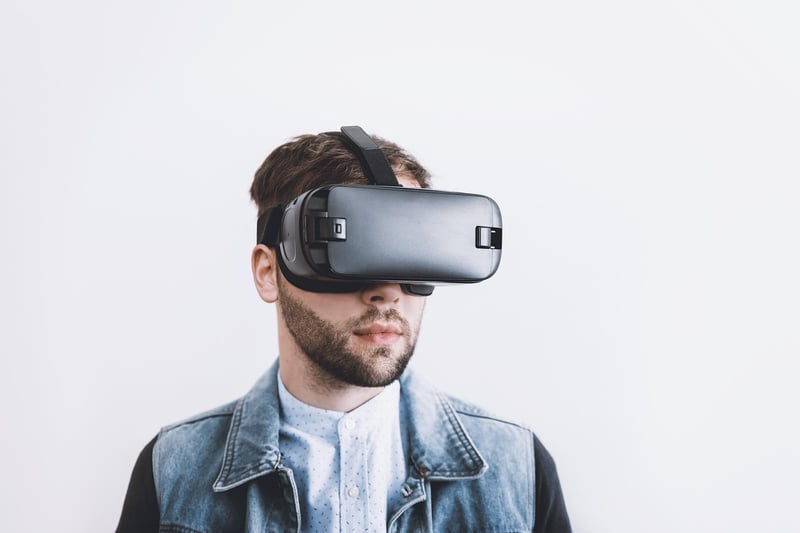Skill Development Programs
The Impact of Virtual Reality in Industries and Skill Development Programs
In recent years, virtual reality (VR) technology has revolutionized various industries by providing immersive experiences and innovative solutions. From healthcare to education, manufacturing to tourism, VR is reshaping the way businesses operate and people learn. Let's explore how VR is making a significant impact on industries and skill development programs.
Enhancing Training and Simulation
One of the key areas where VR excels is in training and simulation. Industries like aviation, healthcare, and construction are using VR to create realistic training environments for employees. Pilots can practice emergency procedures, surgeons can perform virtual surgeries, and construction workers can simulate complex projects, all in a safe and controlled setting.
Improving Product Design and Prototyping
VR allows designers and engineers to visualize and interact with 3D models in real-time. This capability is invaluable for industries like automotive and architecture, where prototyping and design iterations are crucial. By using VR, companies can reduce time-to-market, minimize errors, and enhance collaboration among team members.
Remote Collaboration and Communication
With the rise of remote work, VR offers a compelling solution for teams spread across different locations. Virtual meeting spaces enable colleagues to interact as if they were in the same room, fostering better communication and teamwork. This technology is particularly beneficial for global companies and organizations with distributed teams.
Skill Development Programs and VR
VR is also playing a vital role in skill development programs by providing hands-on training in a variety of fields. From learning complex machinery operations to practicing soft skills like public speaking, VR simulations offer a safe and effective way to enhance skills. Educational institutions and corporate training programs are increasingly incorporating VR to improve learning outcomes.
Conclusion
As virtual reality continues to advance, its applications in industries and skill development programs will only grow. The immersive and interactive nature of VR makes it a powerful tool for training, design, collaboration, and communication. Businesses that embrace this technology can gain a competitive edge and empower their employees to excel in their roles.

Explore the endless possibilities of virtual reality and discover how it can transform your industry and skill development initiatives.
Learn more about VR technology here.
